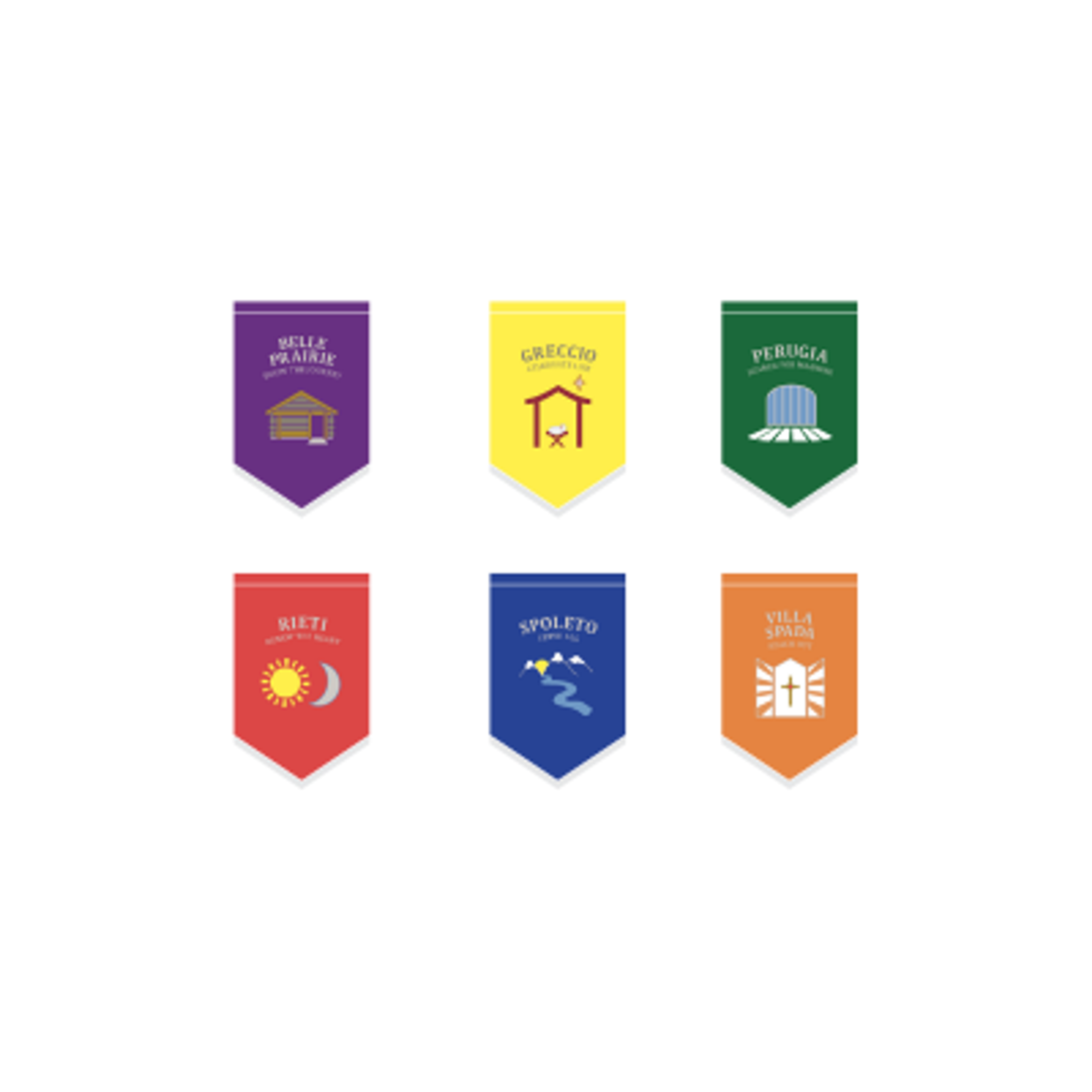Heads of House

Here in the College Educational Wellbeing team, we constantly support students in responding to and managing friendship issues. Unfortunately, friendship ‘dramas’ are par for the course in the day of any adolescent. That is why we set about having conversations which aim to build social resilience. As Michelle Mitchell – author of ‘Everyday Resilience: Helping Kids Handle Friendship Drama, Academic Pressure and Self-Doubt of Growing Up’, writes, “Resilience is characterised by traits including courage, gratitude, empathy, self-care, responsibility, self-awareness, responsibility and contribution” (2023, p.2), and it is these very qualities that our team focuses on when we are in conversation with individuals and groups.
In the adolescent world there will always be disagreements, arguments and in some instances, group changes, and we teach our students that these are all perfectly normal parts of human interaction and human relationships. The aim is always to attempt to navigate these aspects of friendship with respect and integrity. We remind students that we can never control how other people think, behave or feel; we can only control our own reactions and choices. For instance, we CAN change groups if we feel people are mean to us, do not accept us for whom we are, or if we start to feel like their values do not align with our own. We don’t even need to be in one particular group, we are free to move around with various groups and we are free to be friends with whomever we feel most at ease with. That is perfectly fine.
It’s also absolutely fine to make the choice to join a new group. Sometimes though, finding a new group can take some time, and this can be hard. However, it’s worth noting that young people will eventually find the group of people who accept them for who they are. Taking a stand and going it alone sometimes, is often better than staying with a group of people who make them feel unhappy (Mitchell, 2023, pp. 14-15). We do recognise though, that for adolescents, friendships are so very important to their identity and sense of wellbeing. If there are issues within friendship groups, this can fairly quickly become the centre of a young person’s focus, and so as parents, carers and educators it is important for us to react with as much neutrality, understanding and empathy as possible. Some recommendations are as follows:
- Remember that the child is giving us their perception of the events.
- Avoid catastrophising and reacting strongly; instead, listen and let them know you love them.
- Avoid dwelling on the issue and distract them with normal routines to keep them on track.
- Pause and take a breath before you react and step in on behalf of the child.
- Talk things through and help them to problem-solve. Help them work out if they want to fix the friendship or move on.
- Remember that adolescent friendship issues often resolve themselves. Of course, if the issues continue, seek partnership with us here at the College.
(Stade, 2018).
In order for us all to partner in supporting our young people to build their social resilience, it’s important that we listen well and show them compassion and understanding. It is even more important for us to empower them to problem solve and navigate the tricky world of friendships themselves, all the while supporting them and helping them grow into resilient, young people.
References
Mitchell, M. (2023). Five ideas for tricky friendship days. MICHELLE MITCHELL. Tricky Friendships eBook Landing Page | Michelle Mitchell
Stade, L. (2018). How to respond to your child’s friendship problems. Children's Friendship Problems: How Best To Respond (lindastade.com)

